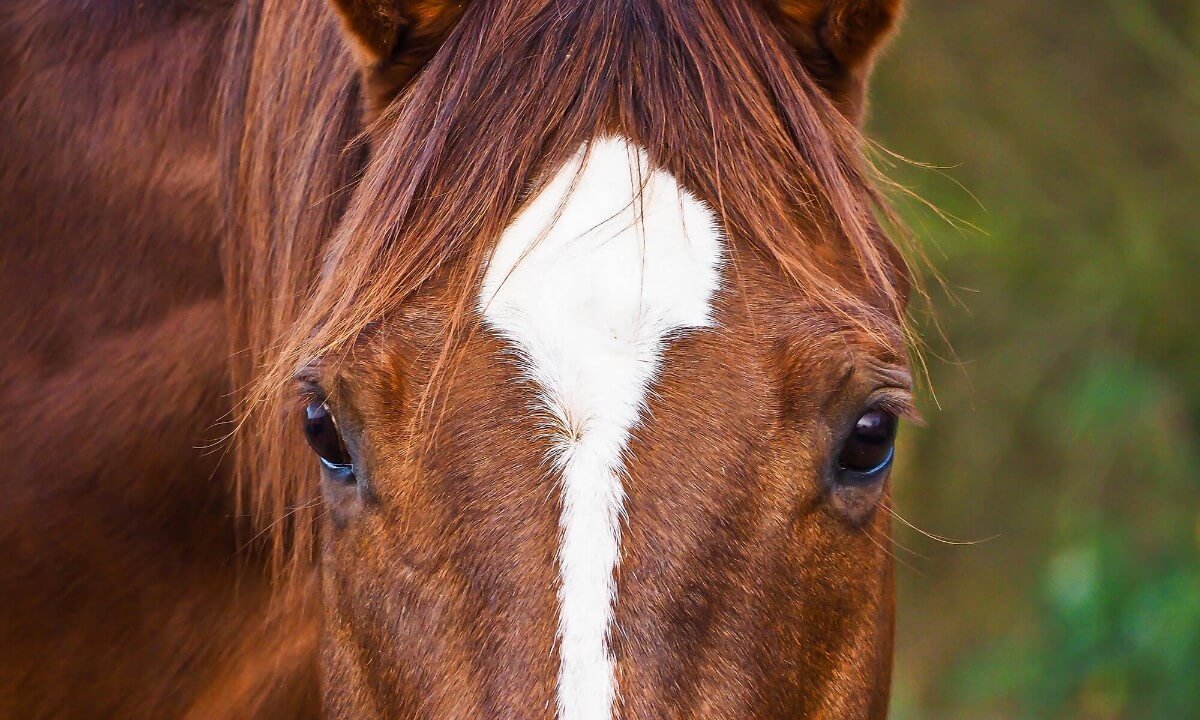About Grass Sickness
Grass sickness is a disease that affects the nervous system that controls involuntary functions and is most often seen in equines of 3 to 4 years old although it can affect horses from 4 months of age to 20 years old. The cause of the disease has not been identified but the affects of the disease indicate some form of toxin. The disease is not contagious and is associated with cool dry weather with more cases seen between April-July with a peak in May. Although grass sickness is associated with horses with access to pasture, there have been a few cases in horses without access to grass.
Symptoms of Grass Sickness
The main system of grass sickness is partial or complete paralysis of the digestive tract from the oesophagus to the gut but other symptoms include muscle tremors, salivation and difficulty in swallowing, colic and weight loss. The symptoms can vary in severity.
Diagnosis of grass sickness in the early stages is difficult as the symptoms are similar to other conditions and there is no test that can be carried out for grass sickness although urine analysis can help with diagnosis.
Treatment of Grass Sickness
There are three main forms of grass sickness: acute, subacute and chronic. Acute grass sickness appears suddenly and the symptoms are severe and it is usually fatal or requires euthanasia within 48 hours. The symptoms of subacute grass sickness are less severe but the majority of horses die or require euthanasia within 7 days. The symptoms chronic grass sickness are less severe and appear more slowly and feeding easily swallowed food, high energy concentrates soaked in molasses and appetite stimulants can aid recovery in some cases.
Prevention of Grass Sickness
As the cause of grass sickness is unknown there is no way to ensure its prevention.
The Equine Grass Sickness Fund
The Equine Grass Sickness Fund is a registered charity whose aim is to support and advance research into grass sickness and improve the treatment of chronic cases. The Equine Grass Sickness Fund web site provides up-to-date information on grass sickness research.












